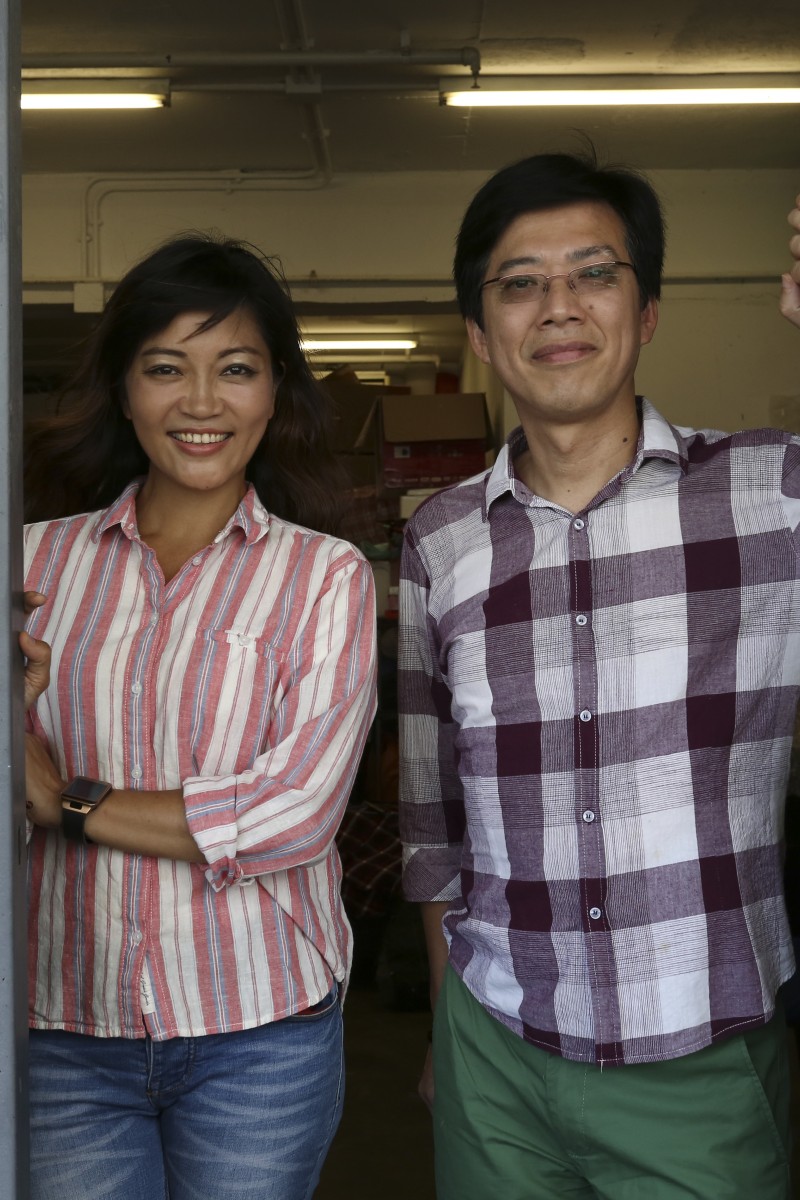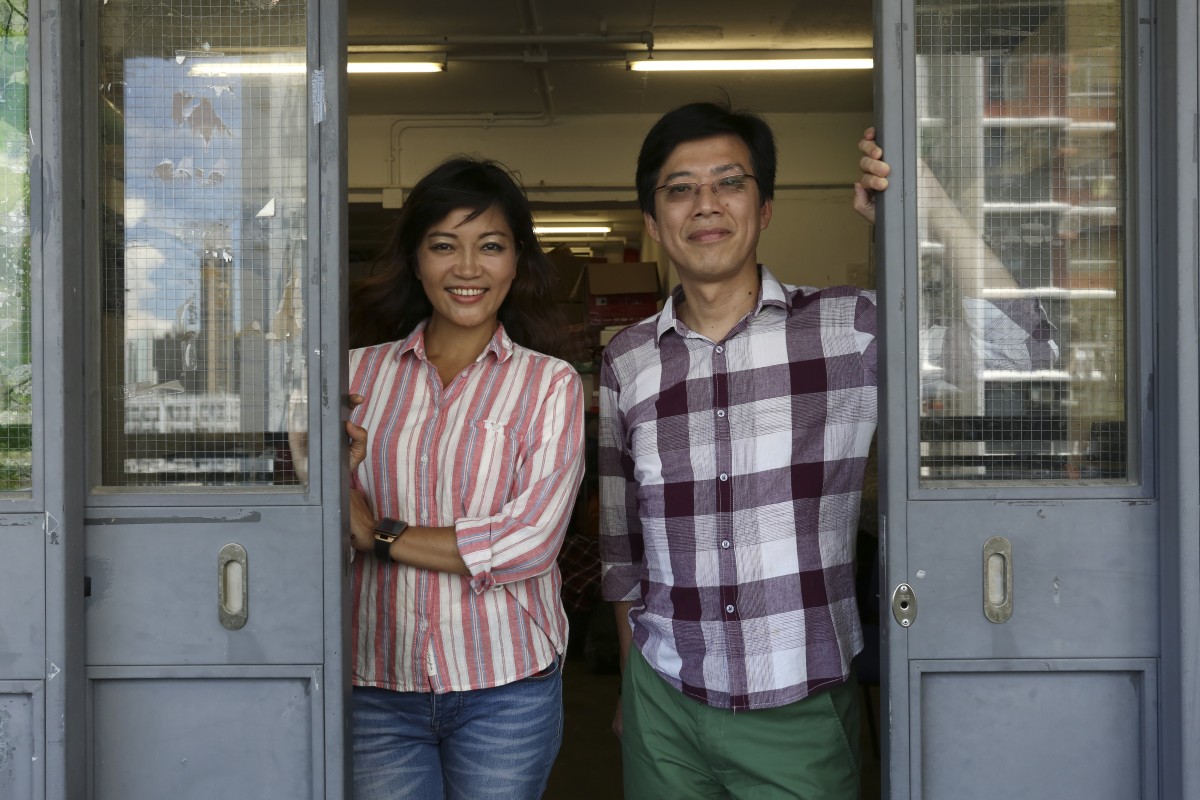
What can you, I, or anyone do about the current food crisis the world is facing? What IS the food crisis anyway? Here’s what you need to know about the food sustainability issues we face
 Director Siman Li (R) and presenter Kannie Chung travelled the world to make discoveries on how Hong Kong could deal with the food crisis.
Director Siman Li (R) and presenter Kannie Chung travelled the world to make discoveries on how Hong Kong could deal with the food crisis.Food sustainability is a huge issue in Hong Kong. It might not seem like it when our local bakeries are stuffed full of pineapple buns and egg tarts, but more than 90 per cent of the city’s food is imported.
Food sustainability is not something we hear about in the news, despite it being one of the most prominent issues that we face today. When director Simon Li Kin-man read a report saying that there would not be enough food to feed world’s population by 2050, he decided to find out how Hong Kong could deal with this upcoming crisis.
Together with presenter Kannie Chung , he and a group of Hong Kong-based environmental enthusiasts have tried to highlight the problems surrounding food sustainability with a new TV series called Exploring the Edible Planet, in which they travel across the world in search of innovative ideas to ease our food crisis.
The Edible Planet’s production team spent a year trekking across four continents and 10 geographical borders. They made all sorts of discoveries as they visited places like Kenya, Germany and Spain.
One of the ways people are trying to combat the global food sustainability issue is by turning to insects as an alternative source of protein, as animal protein like beef will not be sufficient to feed the world’s growing population.
The Netherlands has seen a wave of interest in bugs, and some of the country’s farms are built specifically to produce insects for human consumption. Some people snack on bugs, and tubs containing insects can be picked up in local supermarkets as a sort of snack on the go.
Chung found that a lot of locally-made food products in the Netherlands now use insects as a part of their ingredients. They are used because it is healthier, and the cost of producing food with insects is lower compared to using other meats. Yet for all their benefits, insect-based foods are still seen as disgusting in modern society.
The show also tackles food wastage as well as the global food shortage, and examines how just because a food doesn’t look like we expect it to, doesn’t mean we should be rejecting them as a viable food source.
Chung and Li said that while they were filming in Lisbon, Portugal, they visited a lemon orchard where more than half of the total harvest is thrown away because it doesn’t meet government standards. And it’s not just perfectly good lemons that are wasted in the world.
When Chinese families sit down for dinner, one of the common dishes that might be put down on the table is Asian carp. Although carp is seen as a tasty delicacy in China, in America they are considered to be an invasive species that competes with native fish for food.
Some places in America hold annual carp fishing events – but often the fished carp are not eaten as they are not considered palatable; instead they are processed to make other products or exported to places like China. In some cases, the fish are actually thrown away – and when so much of the world’s population goes without food and there is a food sustainability issue in Hong Kong, this was a shocking revelation for the crew. Despite all that they discovered, the crew said they enjoyed their expedition.
“It was a brilliant experience. This issue really led us to many places. I loved how individually unique, special and irreplaceable all the countries were,” Li said.
It wasn’t all one great big adventure, as one individual in the group found out.
Globetrotting has its perks, but Chung did not have the most pleasant experience while filming in Kenya, where she got a nasty cyst. Chung didn’t let it dampen her enthusiasm though, and with help from a local professor (who offered her fruit taken from a branch nearby), the cyst had subsided by the time she returned to Hong Kong.
If there was any moment during the trip that sums up the miracles of nature, that was probably it.
The next episode of Exploring the Edible Planet will be broadcast on September 5 at 8.30pm on RTHK and Cable TV.